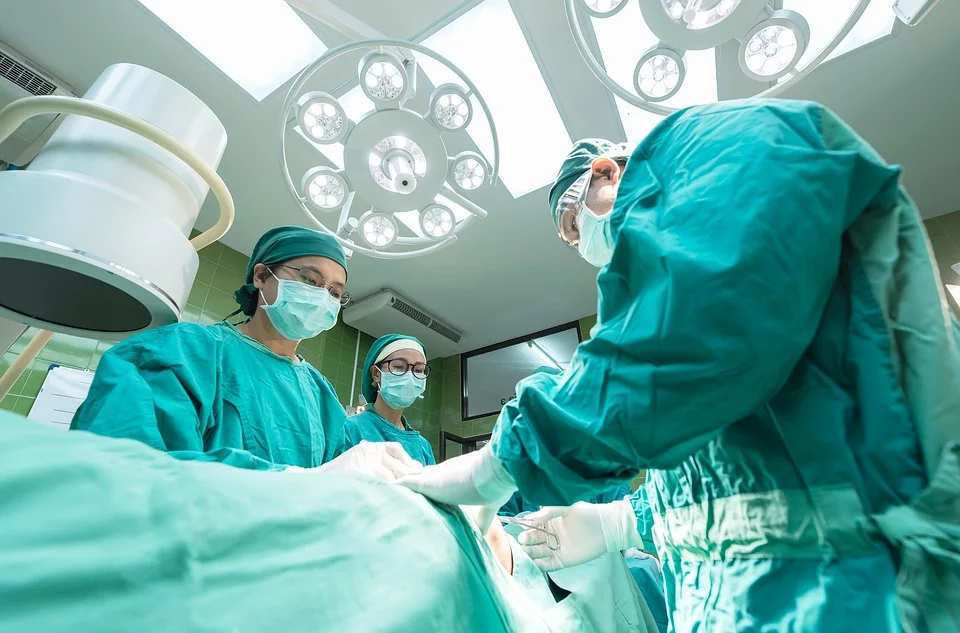Post Bariatric Surgery Diet
Bariatric surgery is often the choice of surgery for individuals who are morbidly obese, or for those who have a poor quality of life. Post-surgery, the body needs to get used to eating smaller quantities of food, for a smaller stomach to easily digest and absorb. Therefore. a good diet regimen post a bariatric surgery, is crucial to maintain weight and avoid future weight gain.
Stages Of The Post-Surgery Diet
Clear Liquid Diet:
This stage begins immediately post-surgery and usually lasts for about a week or two. The man aim is to allow the stomach to heal and be fully hydrated. Diluted fruit juices, vegetable or chicken broths, popsicles. flavored water and water, of course, are few food choices.
Full Liquid Diet:
At this point, skimmed milk, protein powders, meal replacers, strained cream soups. fat-free curd/yoghurt are added in the plan. Nausea is one of the most common symptoms during this Phase and it is again imperative to be well hydrated.
Pureed Liquid And Soft Diet:
Rice kanji, oat meal, mashed potatoes, strained wheat porridges, sattu, paneer, yoghurts/curd. soft fish, scrambled eggs, mashed fruits, pureed vegetable soups, etc. can be added to the diet plan. Having enough protein at this stage is very important, So try to consume three meals a day and wait for 30 minutes before and after meals, for any fluid consumption.
Maintenance Or Stabilization Diet:
During this phase, most foods of regular consistency are added back in the diet plan. However, as a note of caution. post the surgery, you cannot go back to regular eating habits, but three main meals a day interspersed with fluids needs to be followed.
General Dietary Guidelines
- Have smaller meals more often
- Foods rich in fat and sugar should to be avoided
- The daily intake of fluids is a must
- Chew food completely and eat slowly
- Do not use straws as these can introduce air in your stomach pouch
- Avoid caffeine and alcohol
- Supplements such as multivitamins, calcium, vitamin D, vitamin B12, folate, and iron may be required
